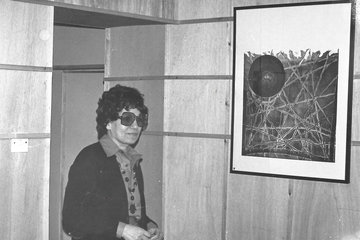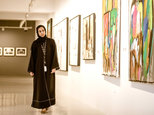
When it comes to the world of Arab literature, the Arabic novel plays an essential role, specifically with regards to its bearing on the meanings, as well as on human and intellectual dimensions, embodied by its characters. It can be said that the true skills of an author lie in the ability to describe a novel’s characters clearly, and in a way that resonates with the reader and that brings forth the writer’s love of the story they are telling.
Indeed, the most beautiful thing the world’s best Arabic novel writers are able to do is make the reader live a different way of life, absorb a different way of thinking, and experience a different personality simply through words. On that note, we bring you a small selection of some of the most beautifully written Arabic novels available today.
Season of Migration to the North, Tayeb Salih
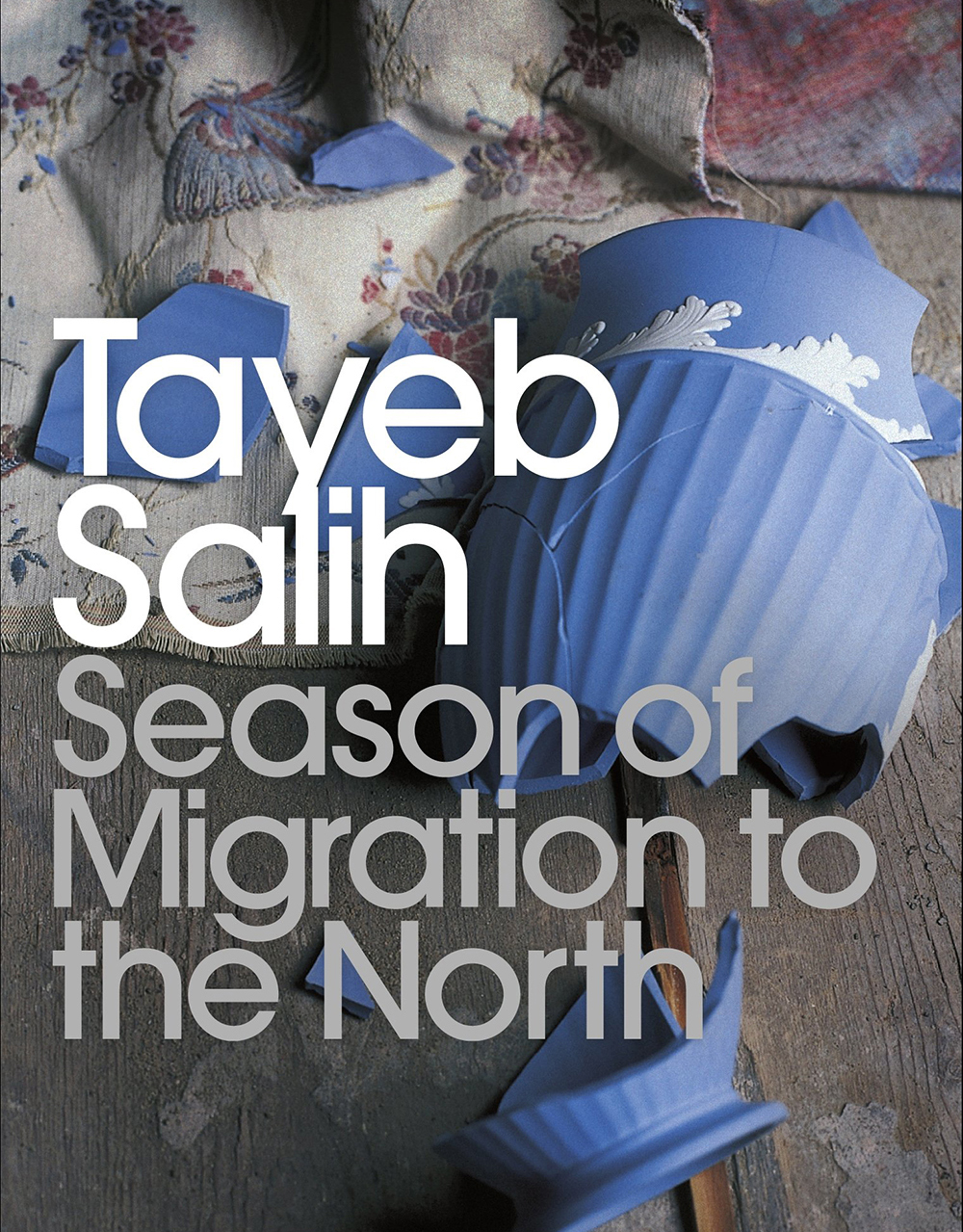
One of Sudan’s greatest authors of the twentieth century, Salih first published this classic post-colonial Arabic novel in Beirut in 1966. “Season of Migration to the North,” which is internationally acclaimed and was turned into a film, has been hailed as one the top 100 novels of the twentieth century in the Arab world. It deals with post-colonial narratives in general, and on the impact of British colonialism and European modernity on Sudanese culture and identity in particular. The novel broadly looks at the relationship between East and West, making it one of the first Arab works to deal with the meeting and interaction of cultures. It explores the image of the “Western Other” in the eyes of the East and the West with the eyes of the “Eastern Other,” who is seen as a someone coming from a romantic world of magic and mystery.
A Small Death, Mohammed Hasan Alwan
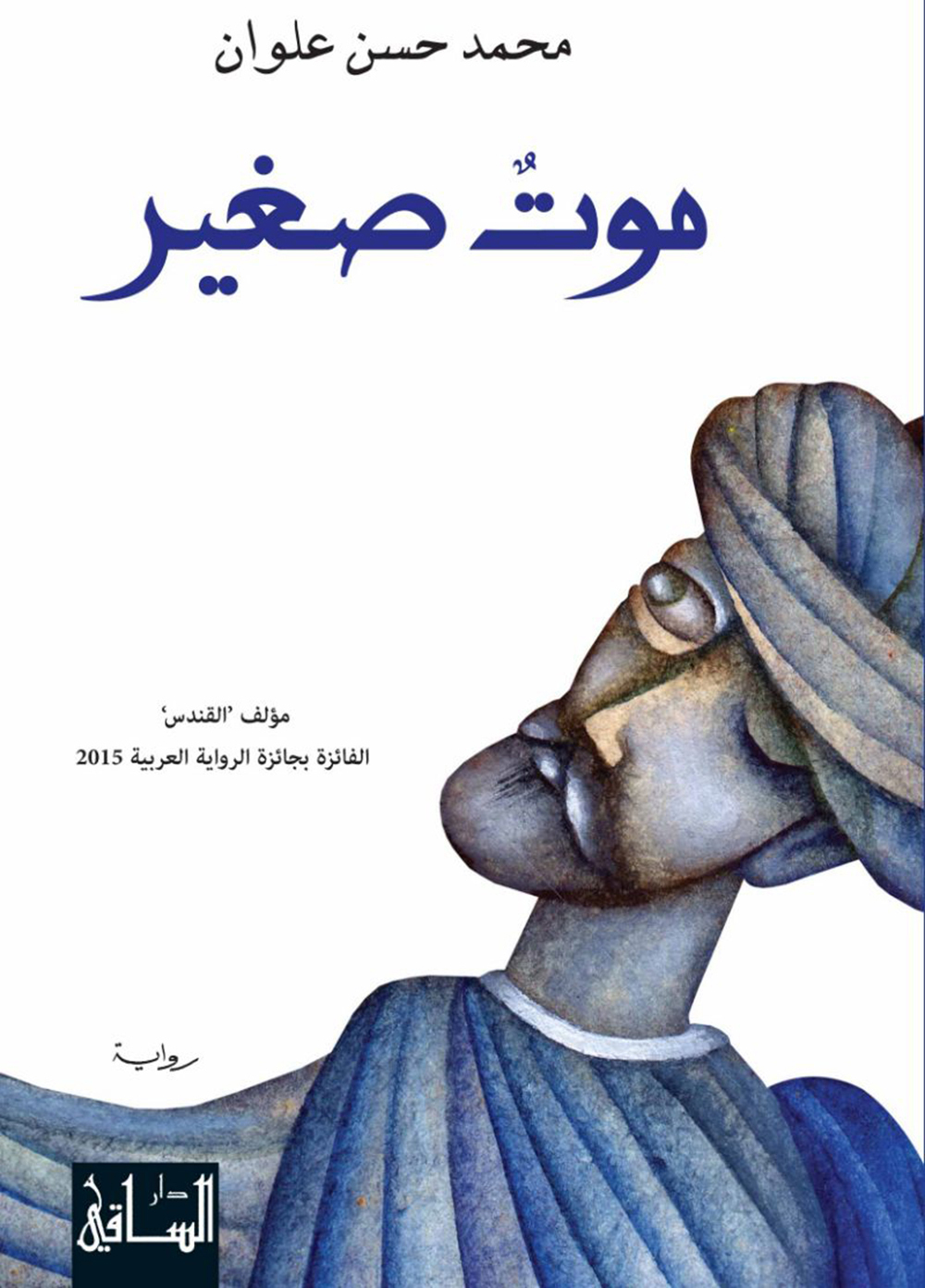
Hailing from Riyadh, Saudi Arabia, Alwan wrote this novel as a fictional account of the life of Sunni scholar Muhyiddin Ibn ‘Arabi, from the time of his birth in Andalusia, in Muslim Spain in 1165, until his death in Damascus in 1240. “A Small Death” tells the story of a busy life of travel from Andalusia in the west to eastern Azerbaijan, a mesmerizing journey that passes through Morocco, Egypt, Hijaz, Damascus, Iraq, and Turkey. During his travels, Muhyiddin goes through a deep mystical experience that sees his troubled spirit venture to carry out his mission in the shadow of imaginary countries and events, marching though many cities, meeting many people, and experiencing many wars.
The Bamboo Stalk, Saud Alsanousi

Winner of the International Award for Arabic Fiction in 2013, Alsanousi’s novel touches on identity through the life of the story’s main character, a Kuwaiti Filipino man who returns to Kuwait based on his mother’s description of the country as “the dream” and “heaven.” “The Bamboo Stalk” has been hailed as a daring work that looks objectively at the phenomenon of foreign workers in Arab countries. Although it is not the first publication to address the issue of foreign employment in the Gulf States, “The Bamboo Stalk” stands out for its smooth and effortless narrative. The dual identity of the main character is an interesting one; his name is Isa / Jose. The novel also raises deep, critical questions about the interplay of religion and culture amongst Arabs, and about what some see as a superficiality that overshadows Arab religious discourse and practice today.
The Dove’s Necklace, Raja’a Alem
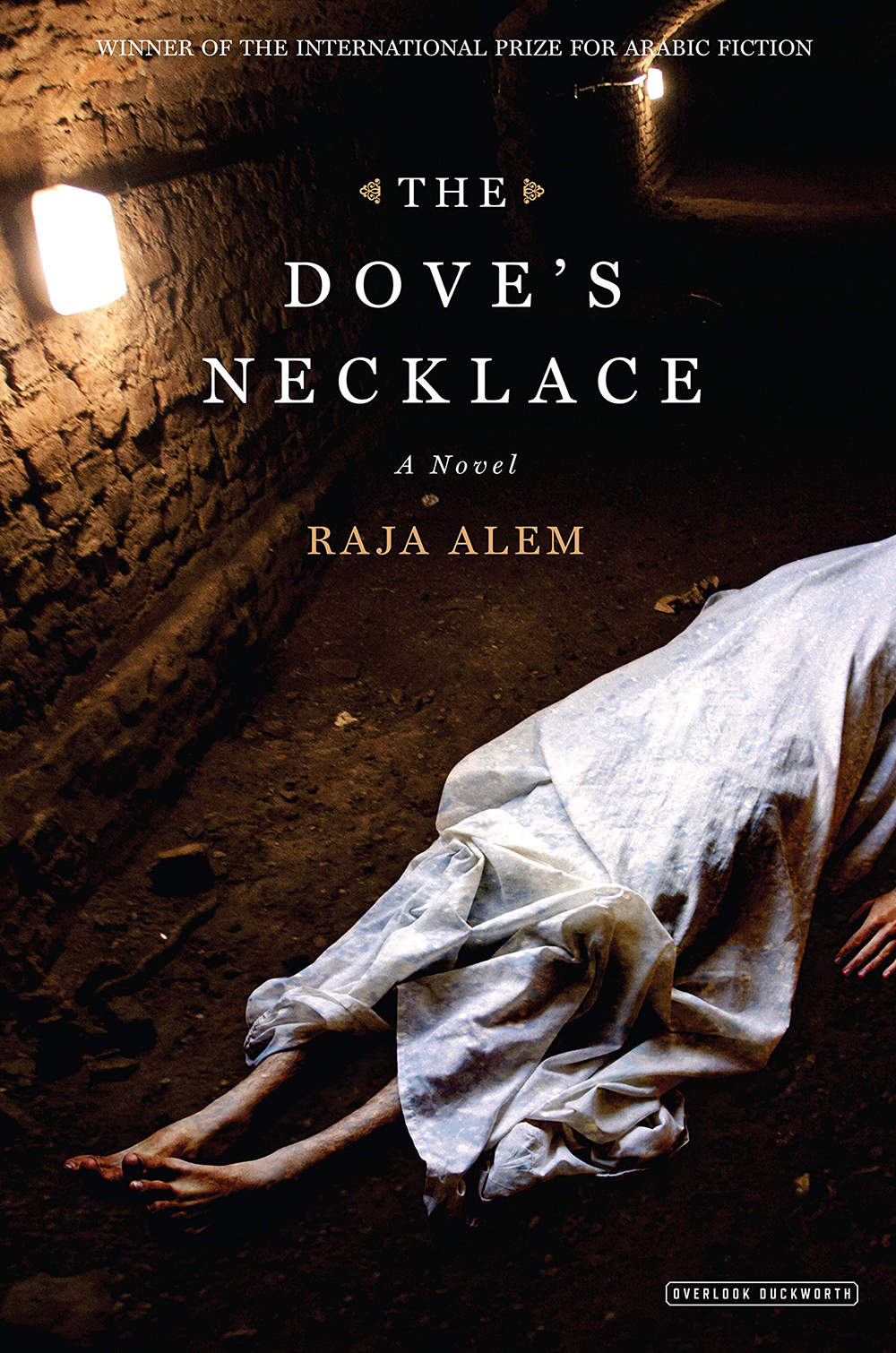
Alem is a native of Mecca, Saudi Arabia and her novel is set in her city of birth. The winner of the International Prize for Arabic Fiction in 2011, “The Dove’s Necklace” tells the journey of the story’s main character through “Old Mecca,” a world that many could not imagine, an organic mix of history and fantasy. Through her novel, Alem attempts to break physical walls by creating virtual spaces, sometimes spiritual and at times intellectual. Her characters are a combination of seemingly real people and those who seem like they could only exist in dreams, and the story’s main narrator is neither the writer nor a human character.


